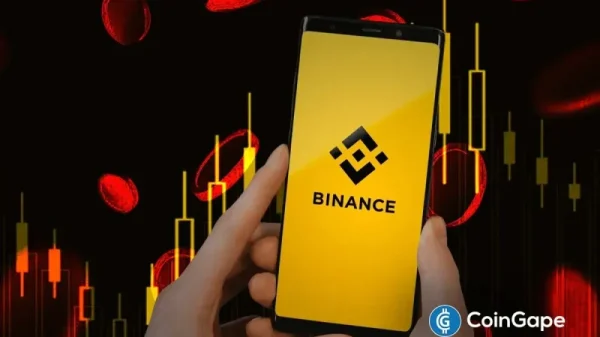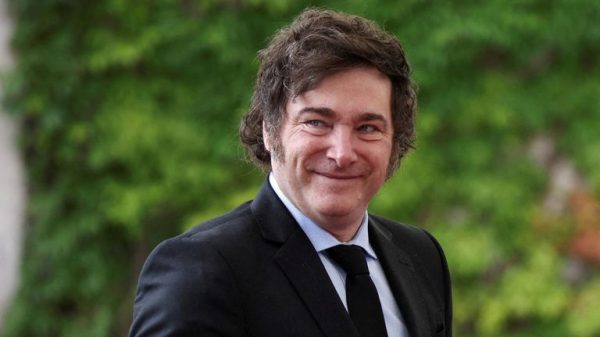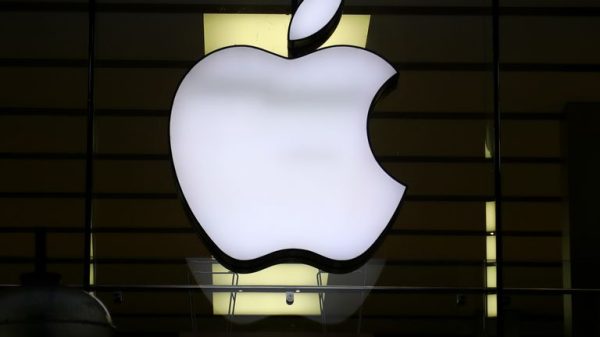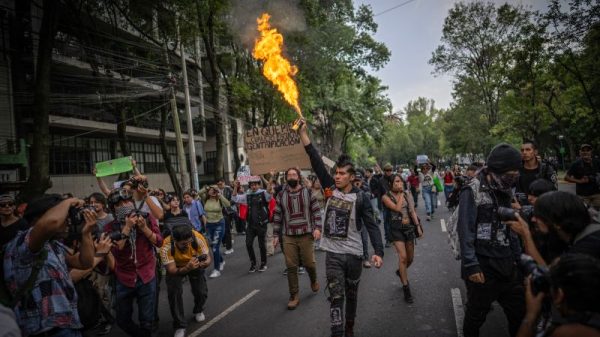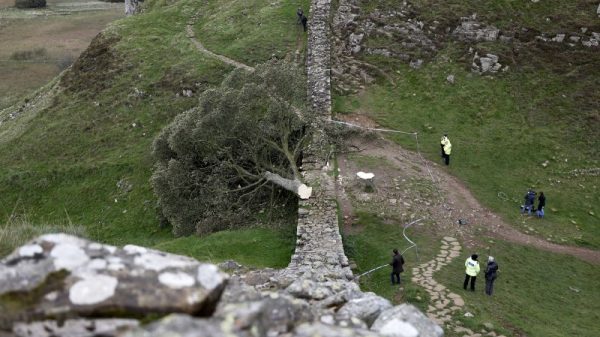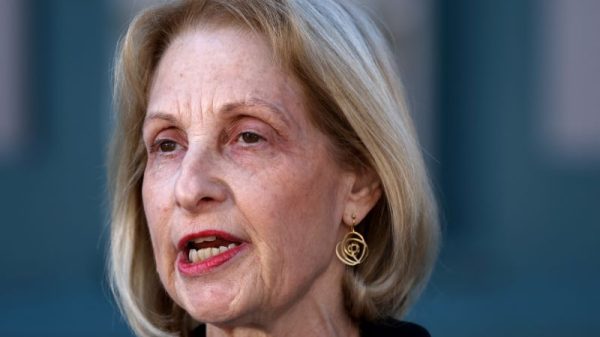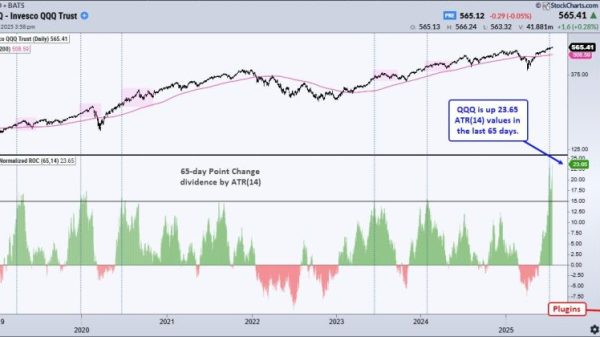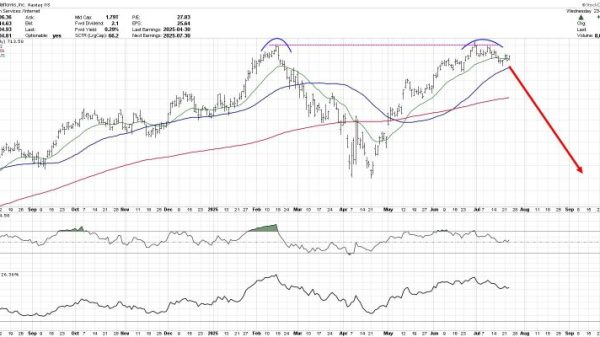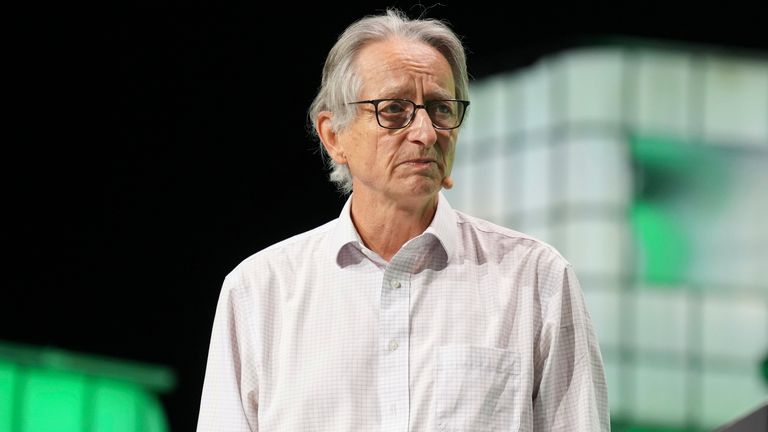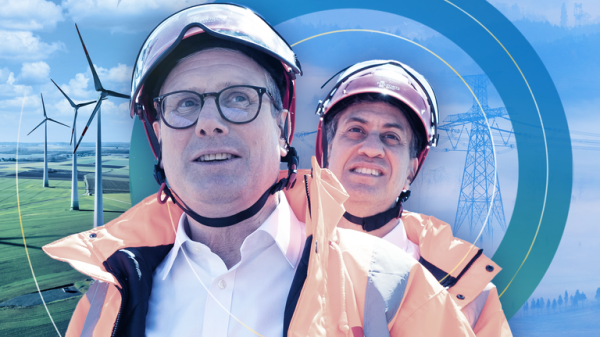The 2024 Nobel prize for physics has been awarded to two scientists who laid “the foundation” for artificial intelligence – although one of them recently warned the technology could be the end of humanity.
John Hopfield from Princeton University and Geoffrey Hinton from the University of Toronto spent decades developing our knowledge of artificial neural networks, which are the basis of a lot of modern artificial intelligence.
Artificial neural networks are inspired by the human brain.
Just as we learn by strengthening or weakening the connections between synapses, machines can learn by strengthening or weakening the connections between nodes.
Professor Hopfield and Professor Hinton, who has been described as the “godfather of AI”, developed artificial neural networks that helped “initiate the current explosive development of machine learning,” according to the awarding body, the Royal Swedish Academy of Sciences.
But despite his work advancing the technology, Professor Hinton made waves last year when he stepped down from Google in 2023 because of his concerns about AI.
In an interview with the New York Times, he said he sometimes regretted his life’s work, telling the newspaper: “It is hard to see how you can prevent the bad actors from using it for bad things”.
He even warned the technology could pose a threat to humanity because the machines often learn unexpected behaviour from the vast amounts of data they analyse.
They will share a prize of 11 million Swedish kroner (around £810,000).
“This year’s two Nobel Laureates in physics have used tools from physics to develop methods that are the foundation of today’s powerful machine learning,” said the academy in a statement.
“Machine learning based on artificial neural networks is currently revolutionising science, engineering and daily life.”
The Nobel prizes are considered some of the most prestigious awards in the world and were created in the will of Alfred Nobel, a Swedish scientist who invented dynamite.
Albert Einstein and Niels Bohr, who helped modern understanding of atomic structure, both received the Nobel prize for physics in the past.
Last year it was awarded to Pierre Agostini, Ferenc Krausz and Anne L’Huillier for their work in creating ultra-short pulses of light that can show changes within atoms, potentially improving the detection of diseases.
Physics is the second Nobel to be awarded this week.
Yesterday, two American scientists who discovered how “microRNA” controls the decoding of genetic information in living organisms received the Nobel prize for medicine.



